
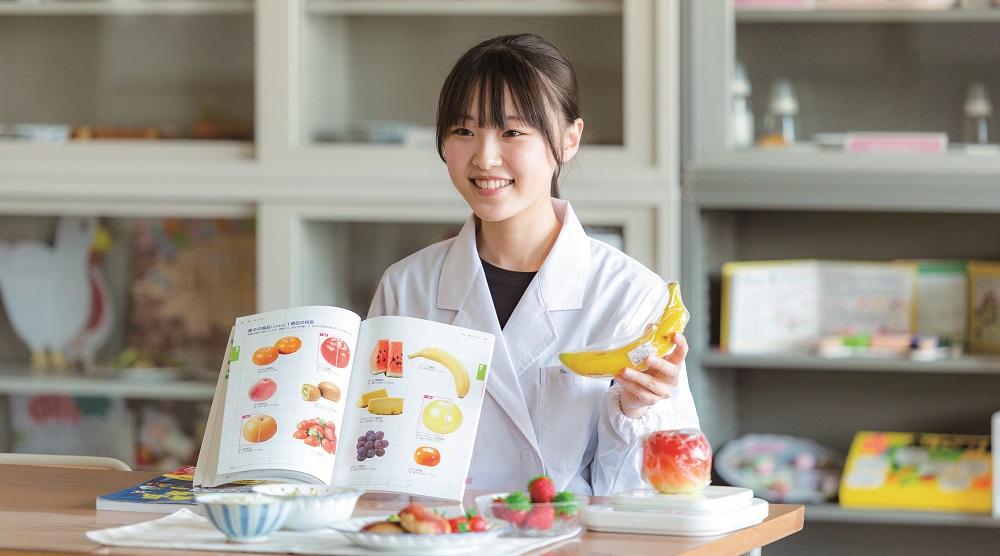
The Department of Health and Nutrition educates students to become national registered dietitians who will possess specialized knowledge and expertise in nutrition and related domains, particularly professional skills development in the healthcare field. Students acquire specialized knowledge and expertise that will enable them thrive amid scientific and technological developments and globalization, and collaborate with nursing care and healthcare professionals.
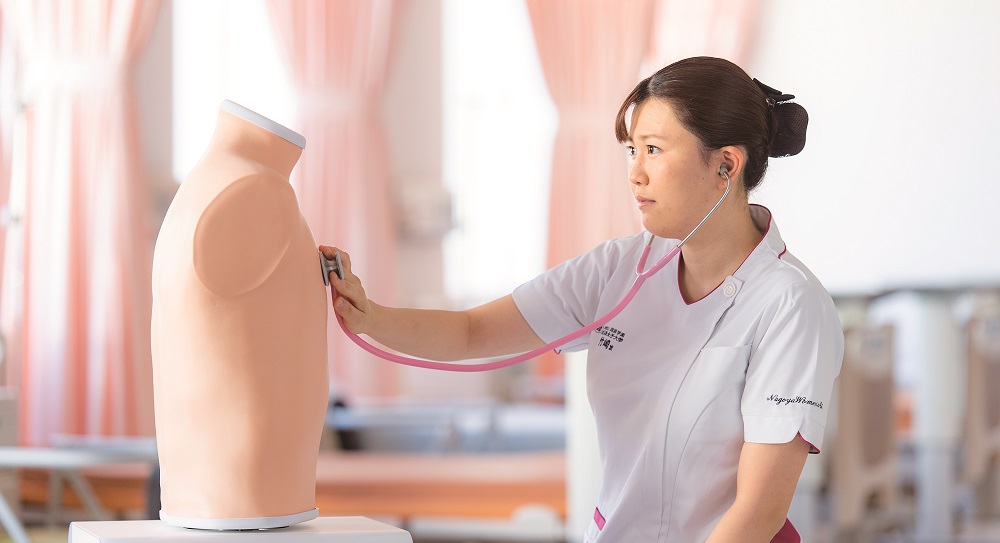
The Department of Nursing provides students with high levels of learning and specialized knowledge, taking advantages of collaboration with the Department of Health and Nutrition. The Department nurtures students with rich sensibilities and high ethical values, and develops the ability to practice "attentive, and considerate nursing care" based on cooperation with other healthcare professionals.
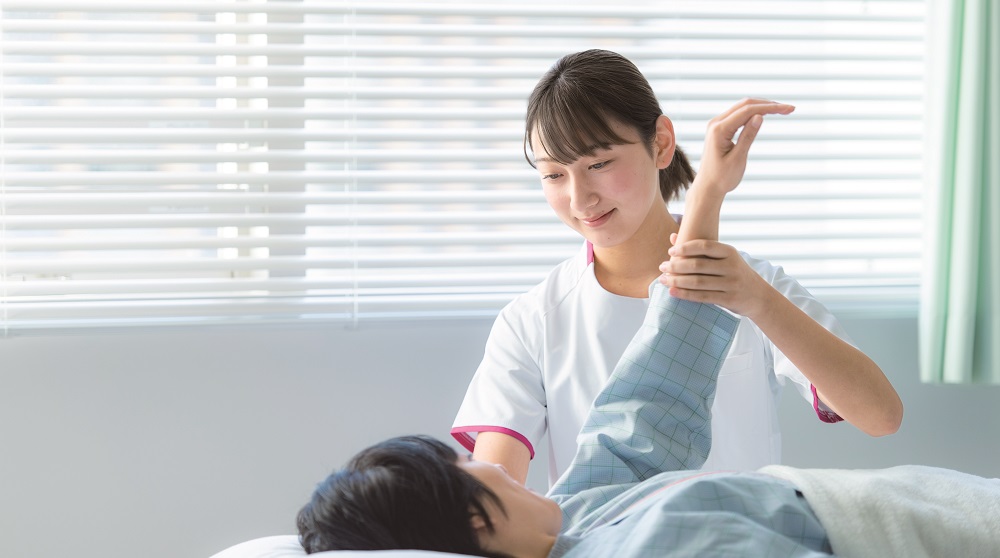
The Department of Physical Therapy educates students who can contribute to society by practicing skills that support healthy lifestyles. They include prevention and improvement of disability, using physical therapy based on scientific grounds. The program trains skilled professional physical therapist with high ethical standards and education.
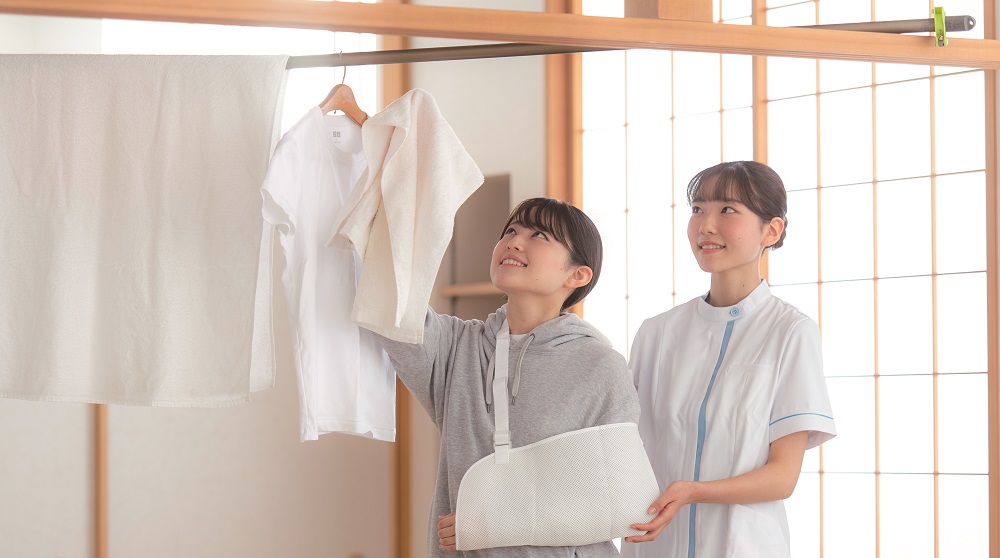
The Department of Occupational Therapy educates students who can contribute to society by practicing skills that support healthy lifestyles. They include prevention and improvement of disability to enhance quality of life, using occupational therapy based on scientific grounds. The Department trains skilled professional occupational therapists with high ethical standards and education. Students spare no effort for maximum self-improvement to enhance professional knowledge and skills.

The Department of Life Studies and Environmental Science educates students who will explore ways of living in and contributing to a sustainable society. Students acquire specialized knowledge and expertise in the field of home economics, principally the living, clothing and dietary environments, as well as in fields such as the business information environment.
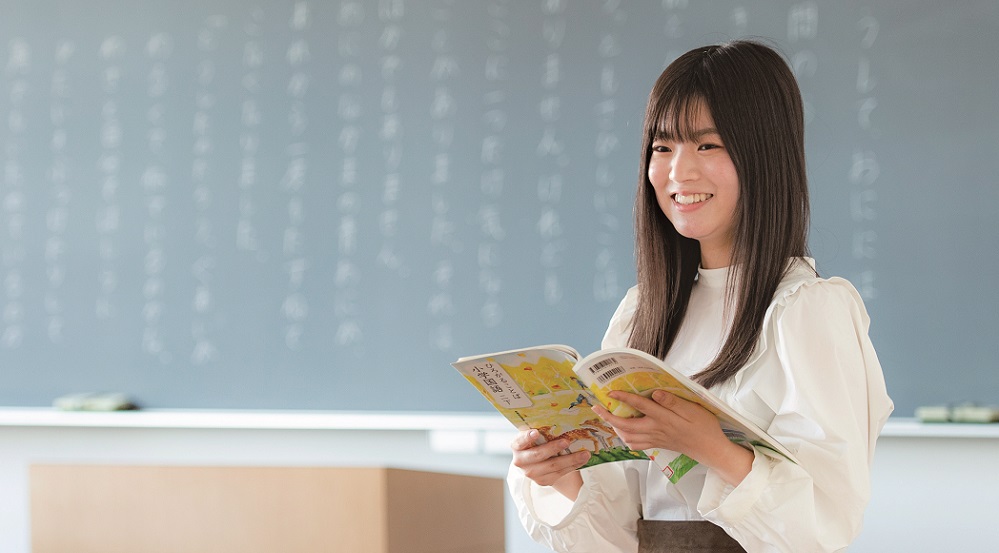
This Major prepares students to become nursery school, kindergarten, elementary school and junior high school teachers with specialized knowledge and skills in education and childcare. Students acquire strong leadership abilities while cultivating a rich sense of humanity and the social skills and English-language teaching skills required of their role as educators.
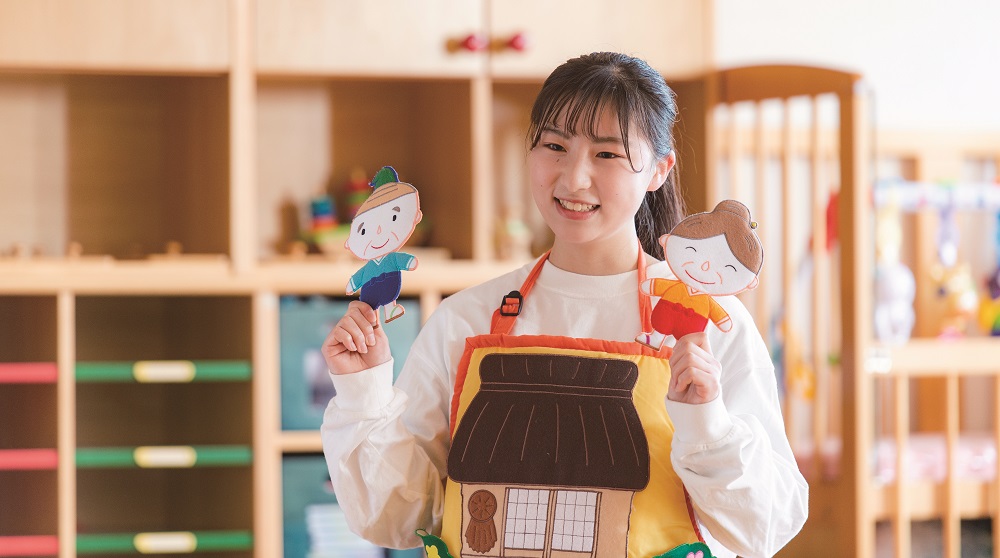
This Major prepares students to become nursery school and kindergarten teachers with extensive basic and specialized knowledge about the growth and development of children. This major also educates students who will be able to exhibit strong leadership in creating a good childhood environment in the local community.
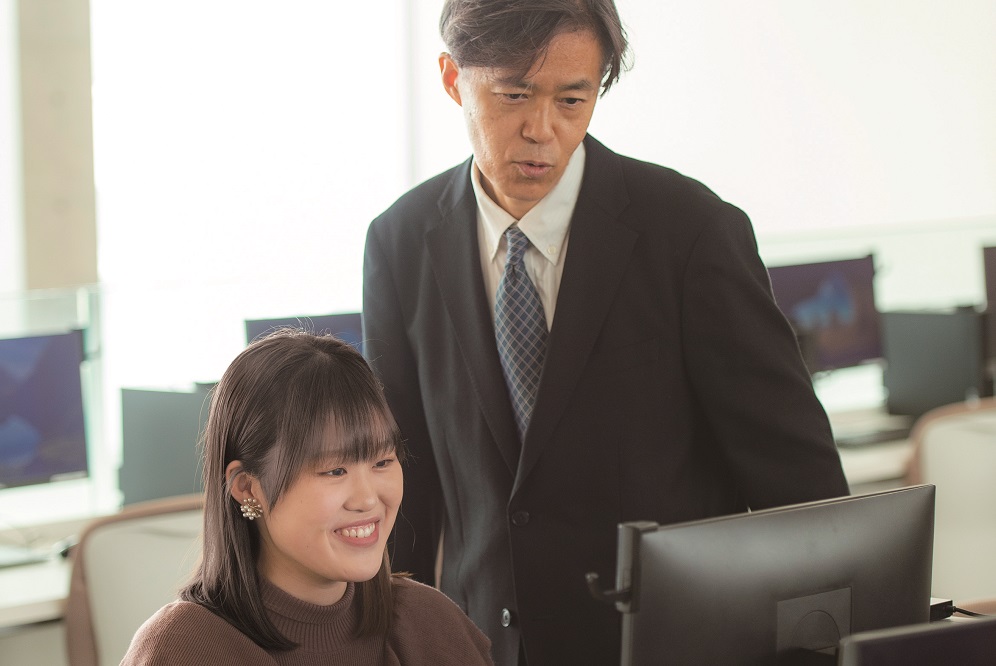
The Department of Applied Life Studies prepares students to be active, creative and appealing professionals in society. Students explore the study of life science from both theoretical and practical perspectives, acquiring the applied human and social life knowledge of the new era. The curriculum allows students to learn specialized skills in clothing, food habits, housing, and information technology.
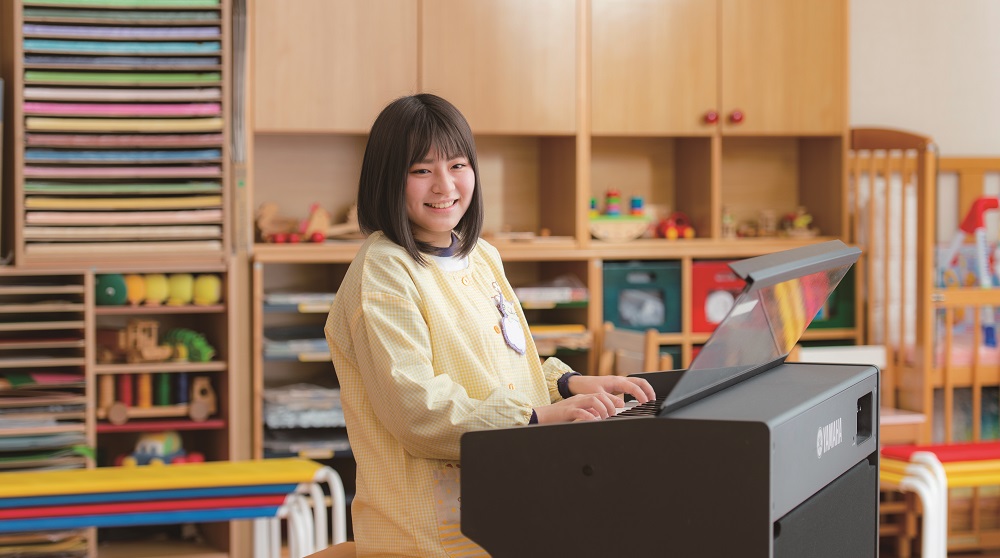
The Department of Early Childhood Education provides students with specialized knowledge in the fields of childcare, education and welfare. Students learn the importance of life and the need for kindness in dealing with the trends towards nuclear families and poor interpersonal relations in local communities, which impact child rearing. The department trains future nursery school and kindergarten teachers with a deep sense of humanity and a welfare-oriented mind, to respond to the various demands of childcare support.
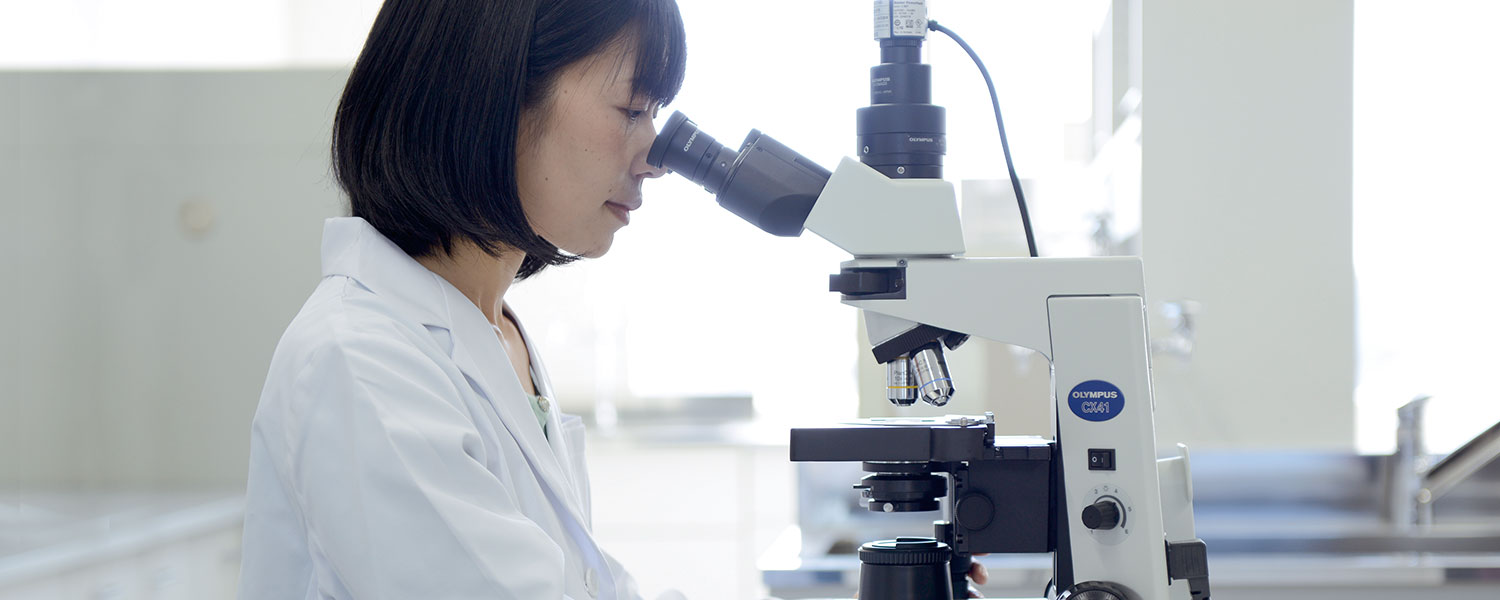
This Division educates students who will possess specialized knowledge and strong research and development skills related to "food and health" as part of the relationship between human life and environments. Students will become able to play active roles as food science and nutrition studies instructors in education, healthcare, welfare and public health.
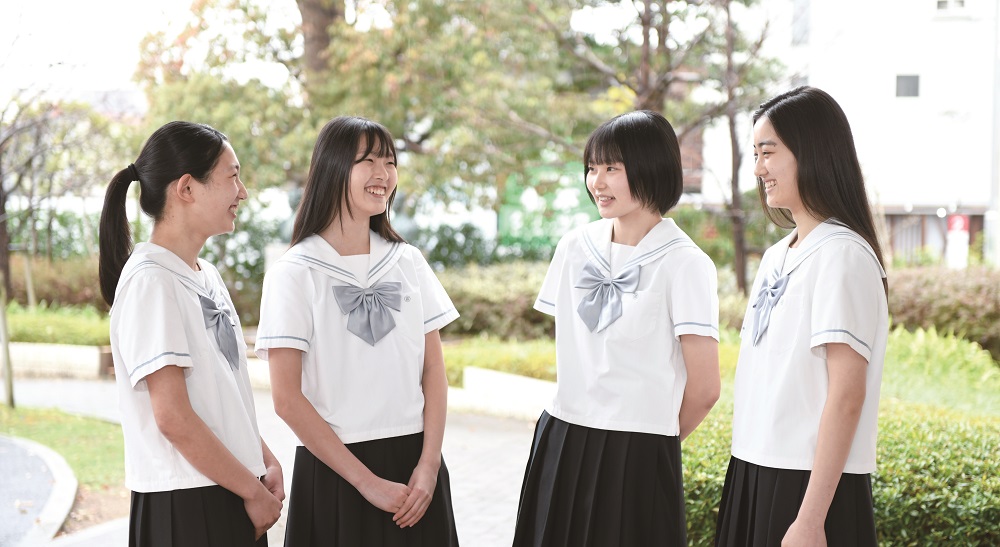
Nagoya Women's University Senior High School supports the self-realization of each student according to her individuality and ensure an education filled with discipline and love, while valuing feminine perspectives and ways of thinking. The curriculum aims to foster a new global ethic in modern women with rich humanity based on the educational principle of our institution, Kindness. The school program nurtures talented women who will play roles in the future of society.
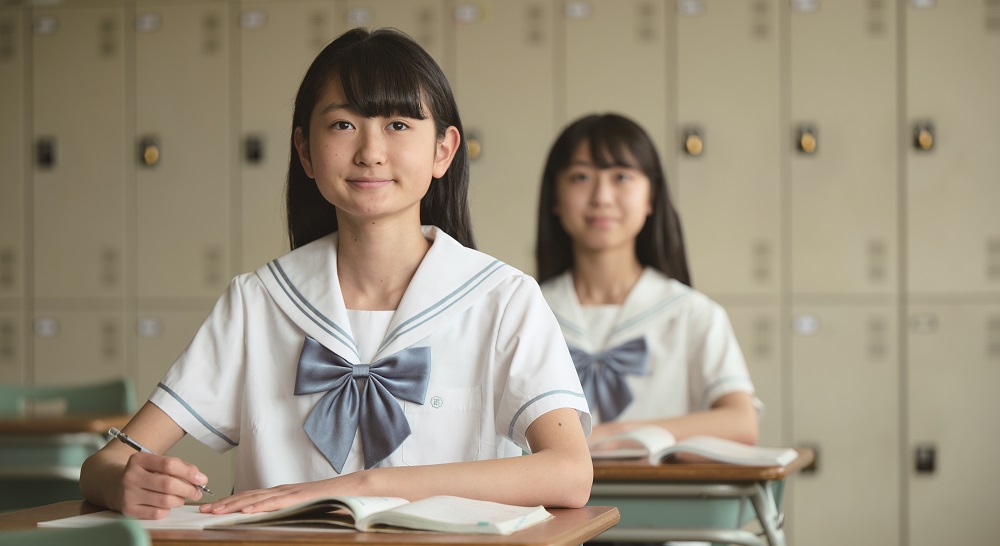
A six-year integrated curriculum for junior and senior high schools is provided to develop considerate and strong women who can lead the way into the new era. Students learn to reach for their dreams and ambitions and are provided with the tools necessary to realize these ambitions. With a view to how students will live in the future, education and the institution principle of "Kindness" are integrated in the curriculum to give them a foundation for their lives when they graduate after 6 years.
Nagoya Women’s University Kindergarten was established in 1971 and serves as a real model class for research and practice by our university. The educational principle of the kindergarten is to nurture children with strong and healthy bodies and minds.